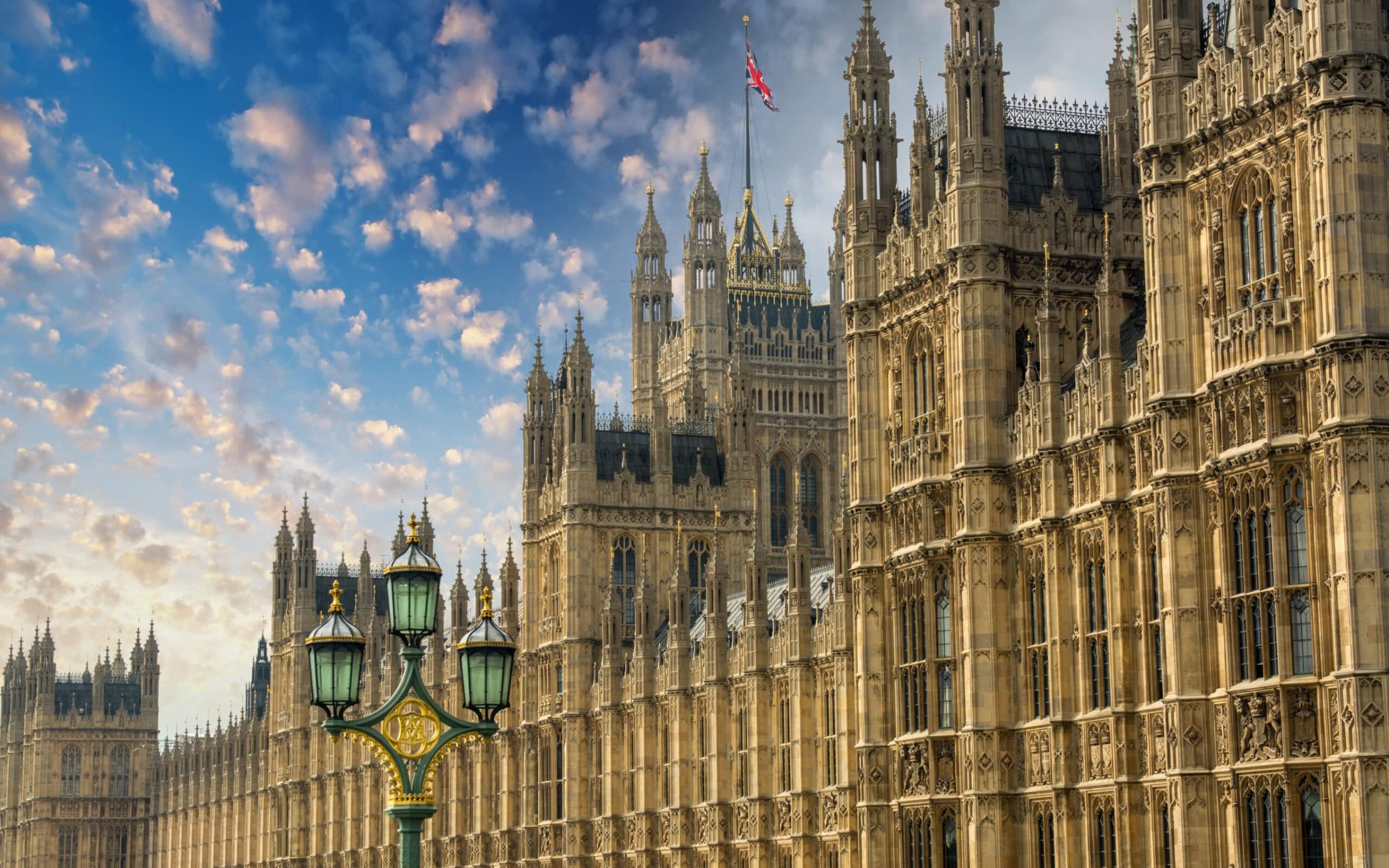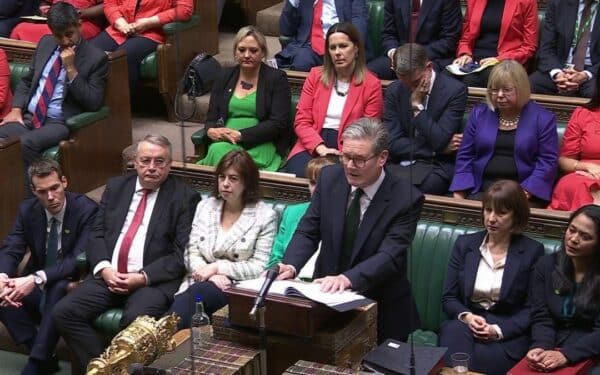What would you think if the government declared that Ministers of the Crown should be unpaid and that appointments would only be available to candidates with private means? My guess is you would conclude this was outrageous and that this practice was left behind at the time of the 1911 Parliament Act. Sadly, you would be wrong.
Of the 30 ministers and whips in the House of Lords, 14 are unpaid. One extremely effective and senior Minister of State was forced to take a demotion in order to receive a reduced salary. Another able frontbencher gave up altogether as he could not continue without financial support. All Ministers of State in the Lords are now expected to work for nothing. This includes senior Defence and Foreign Office ministers whose duties involve travel away from London making it impossible to claim the £342 daily attendance allowance provided for accommodation and other expenses.
Unsurprisingly the result has been that peers are unwilling to take up ministerial office as many simply cannot afford it and others are resentful at being asked to do so. The less than satisfactory remedy has been to appoint new but inexperienced peers with deeper pockets.
Having served in government in the Commons for more than a decade, I am acutely aware of how much more demanding it is to be at the despatch box in the House of Lords. Although politer, the questions are penetrating, well informed and ministers are expected to answer for the government as a whole. Political knockabout cuts no ice here.
Great rafts of legislation which have not even been discussed in the elected House surge up the corridor for detailed consideration sometimes long after the Commons has gone to bed. The Lords sits for longer hours than the elected House. In the last session, 7937 amendments to bills were tabled and, unlike in the Commons, each one is considered with any peer free to speak with no restrictions on time. Of these 2680 were Government amendments accepted by the House together with 277 opposition amendments. In contrast, as most Bills are timetabled in the Commons few if any amendments are considered and debated. The truth is the House of Commons is no longer doing its job of scrutinising legislation effectively and holding the executive to account.
Ministers in the Lords can’t be paid a ministerial salary because the government has increased the number of ministers in the Commons to 95, the maximum number allowed. I would like to think this profusion of ministers has nothing to do with extending patronage and reducing Parliamentary accountability. There is certainly little evidence it leads to better government and there has clearly been blatant ministerial inflation. Mrs Thatcher’s first administration had two ministers in the Department of Transport in 1979; a formidable pair in Norman Fowler and Ken Clarke. Today there are five ministers even though much of what they were responsible for in 1979 has been privatised.
The Department of Health and Social Security which existed from 1968-1988 had five ministers. It has been replaced by two departments with a total of 12 Ministers, six in the Department for Work and Pensions and six in the Department of Health and Social Care. The Ministerial and other Salaries Act 1975 imposes a limit on the number of ministers (109), and the House of Commons Disqualification Act says that there can be no more than 95 holders of ministerial office in the Commons entitled to vote.
There is agreement in the Lords on all sides that the current position is outrageous and that the Prime Minister should either reduce the number of ministers in the Commons or introduce a bill to increase the statutory limit to 123. Successive Cabinet Office ministers have agreed the position is unacceptable but move on having done nothing to change it. Rishi Sunak has promised to take difficult decisions to ensure good government and the long-term interests of the country. Personal wealth cannot be a qualification for ministerial office. The remedy lies with him.
Lord Forsyth of Drumlean is chairman of the Association of Conservative Peers.
Write to us with your comments to be considered for publication at letters@reaction.life




